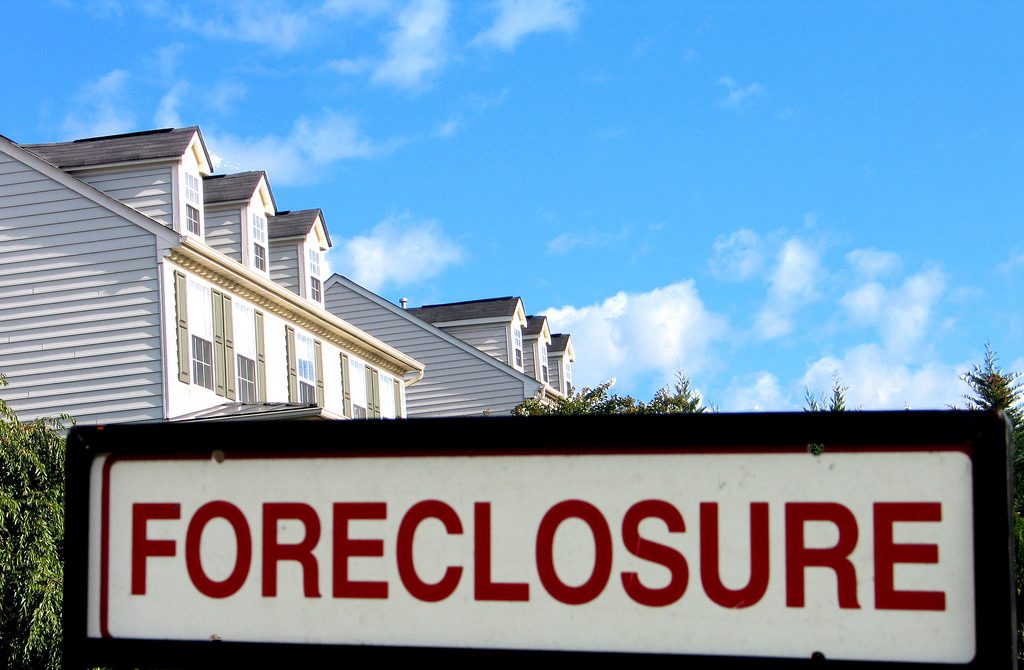House hunters looking for a bargain often look for short sales and foreclosures. They’re just as often surprised to find that the prices of these aren’t as low as they expected. To understand why, it’s important to know what short sales and foreclosures really are and how each process works.

It’s true that homeowners participating in a short sale are likely in financial trouble and may be desperate to sell. The price may remain high, however, since it’s not the desperate seller that actually gets the deal done. When the homeowner realizes he is in financial trouble, he can contact his lender and request a short sale. In this arrangement, the bank agrees that the home will be sold and the sale price of the home will serve to satisfy the mortgage debt. If the homeowner owes $300,000 on the home and it sells for $250,000, the bank agrees to forgive the remaining $50,000.
This seems easy enough, but things aren’t quite that simple. The bank would suffer a large loss if, after agreeing to a short sale, the homeowner accepted a low offer of $50,000 and then walked away from his or her debt. To protect themselves, banks approve or deny offers received on short sale properties. If the offer is too low, they’ll reject it. They’ll also take awhile to do it. Potential buyers often must wait six months or longer for the bank to review and consider their offer.
Foreclosures are a different animal. In a foreclosure, the mortgage lender follows a specific legal process to repossess a mortgaged home. Once they complete this process, they own the home and may sell it at auction to the highest bidder.
In a nonjudicial foreclosure, the amount the home sells for satisfies the mortgage and any remaining debt is forgiven. In a judicial foreclosure, the mortgage lender can secure a judgment requiring the debtor to pay the difference between what they owed and what the home sold for. In either case, the lender is most likely to recoup the bulk of the outstanding debt at the sale. If the home’s price fails to meet the reserve at auction, the bank may keep the property and try to sell it again later in a stronger market.
Remember that in both short sales and foreclosures, a mortgage lender’s goal is to get the best price possible for the home. Bargains can be found, but don’t expect to pick up a desirable home for a too-good-to-be-true price.
